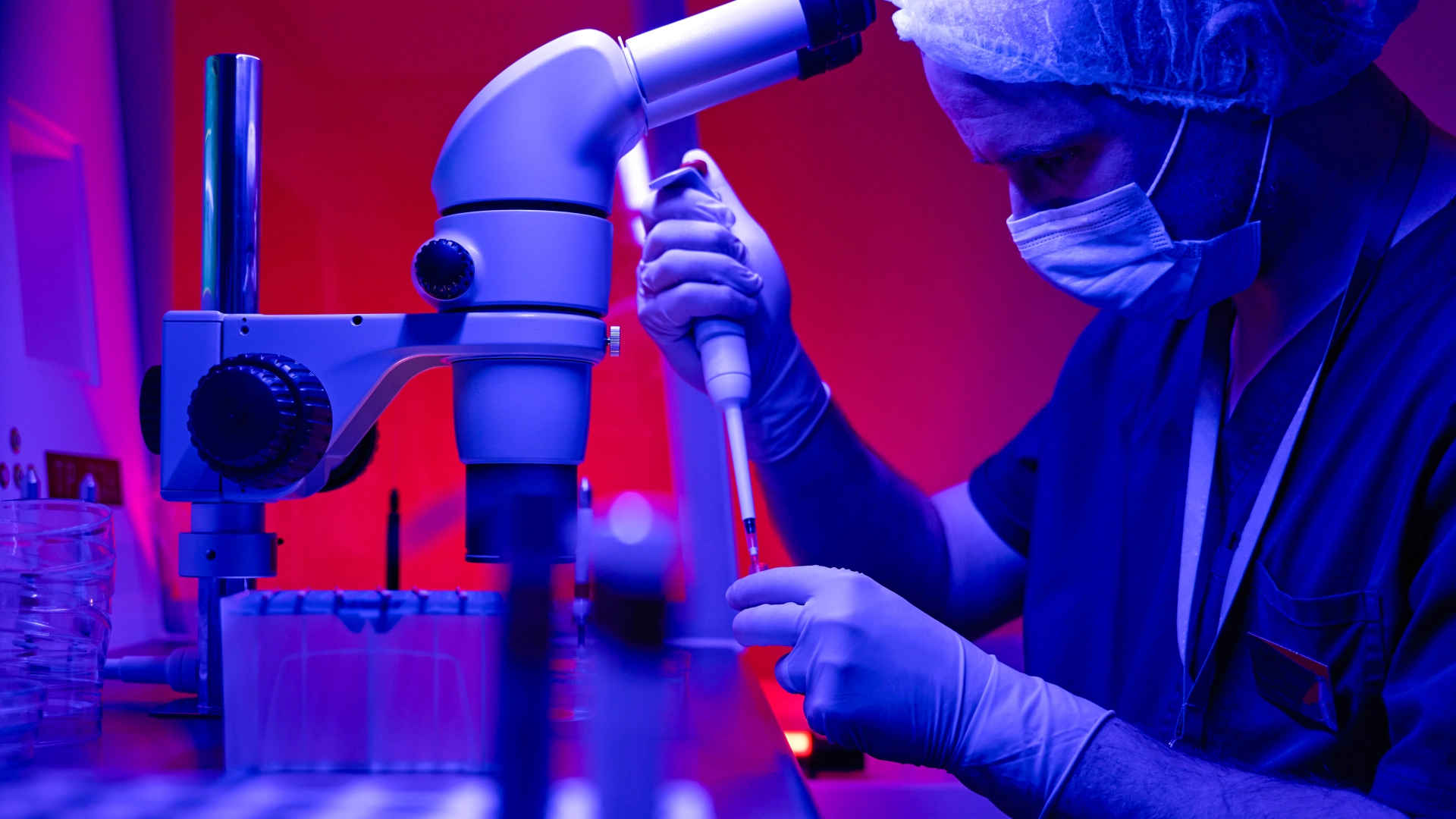By: Valentina Guo
Made by stem cells, the first lab-constructed human embryos were created “without any need for the usual natural ingredients of eggs and sperm,” wrote Science Alert.
These recently-developed embryos don’t have a heartbeat or brain, but might help explain the cause of miscarriages, or genetic diseases.
According to The New York Times, the embryo first develops into a hollow ball of 200 cells and then implants itself on the wall of the uterus in its first week. It then splits into specific tissues for humans over the next 21 days.
The New York Times wrote that Dr. Hanna, a developmental biologist at the Weizmann Institute of Science in Israel, and a number of other biologists are trying to uncover those details by creating models of human embryos in the lab. “We know the basics, but the very fine details we just don’t know,” said Dr. Hanna.
“We do it to save lives, not create it,” said Magdalena Zernicka-Goetz, a developmental biologist at the University of Cambridge and the California Institute of Technology.
One of the reasons these embryos were created is to find an answer as to why some pregnancies stop after about 2 weeks. From Gizmodo, “We know remarkably little about this step in human development, but it is a time where many pregnancies are lost, especially in an IVF setting,” Roger Sturmey, senior research fellow in maternal and fetal health at the University of Manchester in the UK told CNN.
Gizmodo wrote that “The scientists say they were able to create an environment mimicking the first 14 days of the fetus’ development outside the womb, though the paper has not passed peer review yet.”
The embryos created raise legal and ethical questions, as many countries currently lack or don’t have regulations concerning the creation and experiments of synthetic embryos. However, Prof James Briscoe, associate research director at The Francis Crick Institute, says “They could provide fundamental insight into critical stages of human development,” (Al Jazeera).
“These are stages that have been very difficult to study, and it’s a time when many pregnancies fail.” He added, “Fresh insight might lead to a better understanding of the causes of miscarriages and the unique aspects of human development.”











